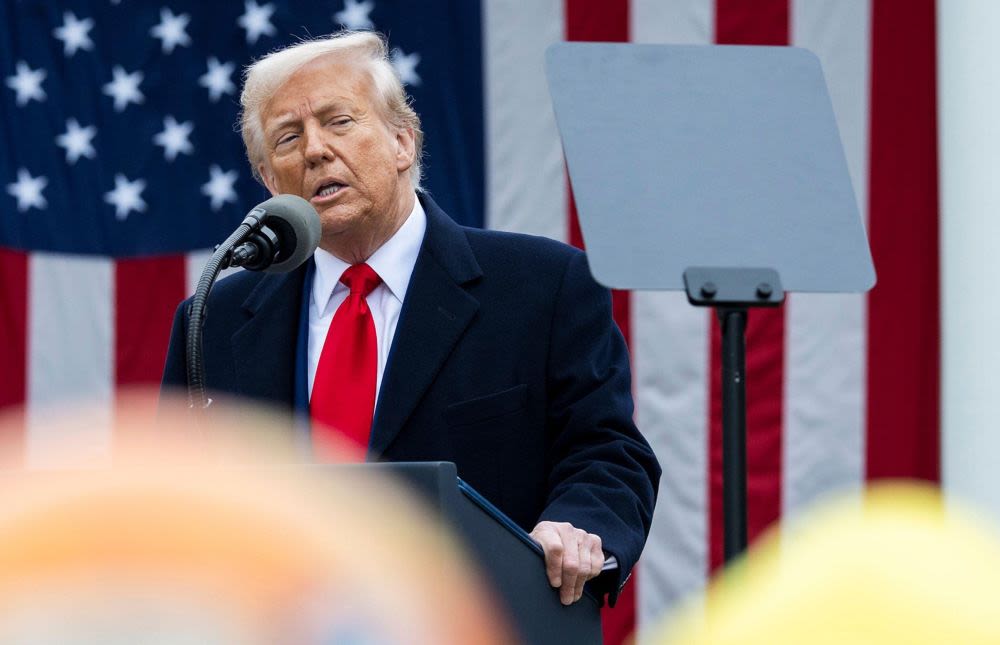
In an unprecedented move, British universities receiving financial support from the United States have been asked by the Trump administration to complete detailed surveys focusing on diversity, equity, and inclusion (DEI) practices. This request, part of a broader initiative led by Trump to reshape the narrative surrounding DEI in US institutions, has sent ripples through the academic sector both in the UK and beyond.
Understanding the Survey’s Implications
The survey requests that researchers in UK institutions verify whether their projects contain any DEI elements. Moreover, universities must confirm that they have not been the recipients of funding from several nations, such as China, Russia, Cuba, or Iran. Reports indicate that similar demands have been made of universities across Australia and the European Union, highlighting the global reach of this initiative.
A government spokesperson, when questioned, emphasized, « The conditions set by the US government on its grant funding are entirely its prerogative. UK universities maintain independence. » This underscores the autonomy of British institutions despite implications tied to the funding received for specific projects.
The Trump Administration’s Stance on DEI
Since reclaiming the White House, President Trump has continued his administration’s aggressive stance against DEI initiatives within the United States. Several executive orders aimed at abolishing DEI practices across federal, educational, and private sectors have already been enacted, leading to notable repercussions within American institutions. For British universities, these developments represent potential financial and academic challenges given the interconnectedness of global academic networks.
The ramifications are tangible; in the US, universities are reportedly pausing related research, cancelling conferences, and shutting DEI offices altogether. This ideologically driven initiative aims to curb what is perceived as ‘culture war excesses’ from infiltrating academia further.
Potential Consequences and Opportunities for UK Institutions
As the UK faces its own economic challenges, compounded by increased operational costs and decreased international tuition revenues, the pressure on higher education institutions intensifies. Labour MP Helen Hayes, chair of the education select committee, has underscored the sector’s critical condition, labeling it as approaching a « crunch point ».
Yet, amidst this scrutiny lies a silver lining: Trump’s policies could ironically benefit UK institutions. If heightened political tensions drive American students and staff to seek alternatives abroad, British universities might see a surge in enrolment. A former UK universities minister remarked earlier that academic institutions ought to seize such opportunities by attracting international talent in light of Trump’s political climate.
Economic Implications in the Wake of Trump’s Tariffs
The ripple effects of President Trump’s economic policies extend beyond academia. The announcement of 10 per cent tariffs on UK imports places the British economy in a precarious position. Business Secretary Jonathan Reynolds addressed the situation by announcing consultations on potential retaliatory tariffs if needed. Averted consensus with the US means the UK must navigate this turbulence tactfully to minimize impact.
As consulting processes continue, gleaning input from stakeholders will be instrumental in determining the UK’s response. If a more favorable economic accord emerges, these consultations might offer relief by shelving retaliatory strategies.
In conclusion, while challenges are evident, the intersection of political maneuvering and academic integrity remains robust, shining a light on the adaptability and resilience of British universities. As they navigate these geopolitical currents, opportunities to harness intellectual capital and foster broad educational inclusivity must not be overlooked.




